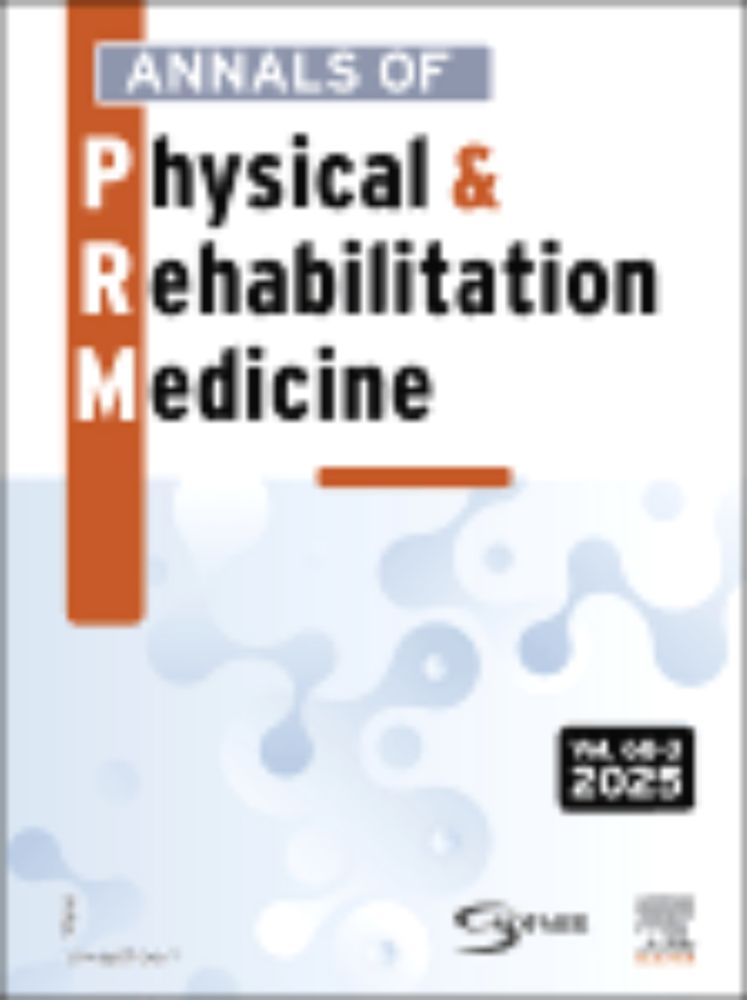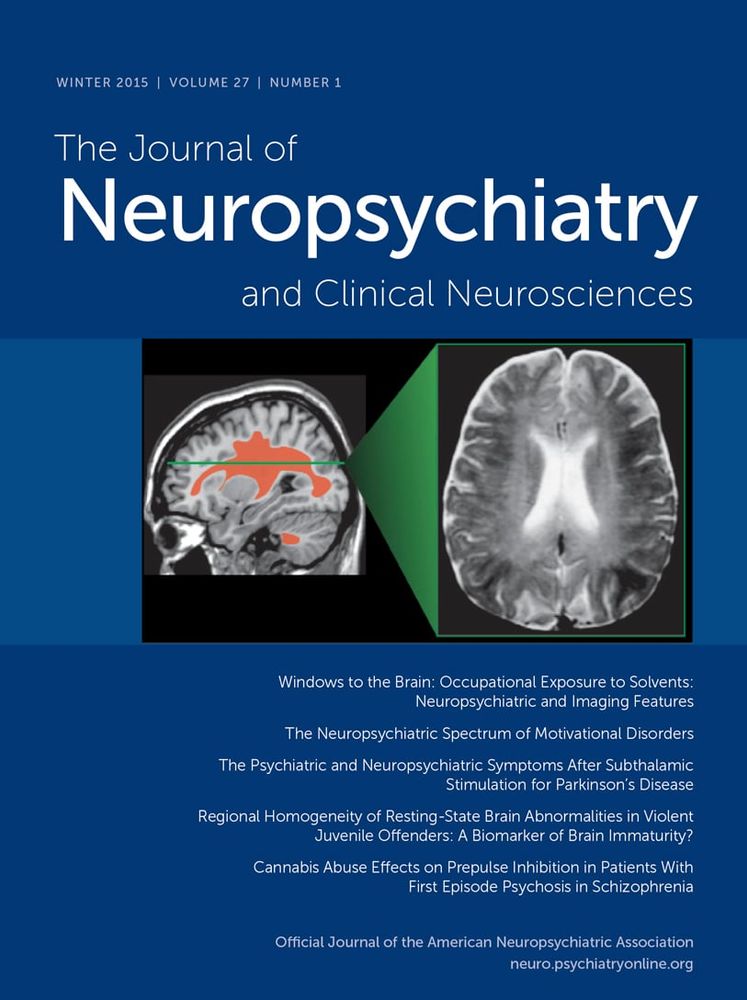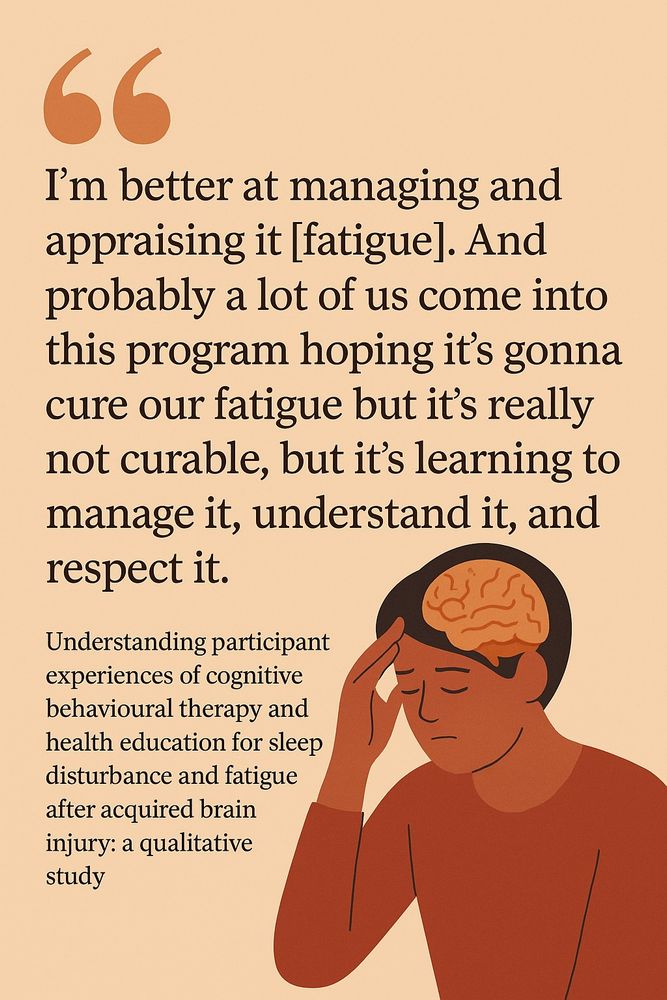
🔓
www.sciencedirect.com/science/arti...
@merrcresearch.bsky.social

🔓
www.sciencedirect.com/science/arti...
@merrcresearch.bsky.social
We are seeking people with ABI and ABI clinicians to take part in one-on-one interviews to understand your experiences dating with an ABI, or supporting clients with ABI in their dating goals.
Contact us below!

We are seeking people with ABI and ABI clinicians to take part in one-on-one interviews to understand your experiences dating with an ABI, or supporting clients with ABI in their dating goals.
Contact us below!

Read it below!

Read it below!
Open access: www.tandfonline.com/doi/full/10....
@merrcresearch.bsky.social

Open access: www.tandfonline.com/doi/full/10....
@merrcresearch.bsky.social

This weeks paper spotlight is 'Co-designing for behavioural change: understanding barriers and enablers to addressing sexuality after traumatic brain injury and mapping intervention strategies in a multi-disciplinary rehabilitation unit' 🧠

This weeks paper spotlight is 'Co-designing for behavioural change: understanding barriers and enablers to addressing sexuality after traumatic brain injury and mapping intervention strategies in a multi-disciplinary rehabilitation unit' 🧠
The program is designed to support talented early-career researchers in accelerating their research trajectories as emerging leaders in their field👏
The program is designed to support talented early-career researchers in accelerating their research trajectories as emerging leaders in their field👏
We at Monash Epworth Rehabilitation Research Centre (MERRC) conduct research to maximise functional, psychological, and social outcomes following brain injury. More information at our website: www.monash.edu/medicine/psy...
#TBI #braininjury #neuropsych
We at Monash Epworth Rehabilitation Research Centre (MERRC) conduct research to maximise functional, psychological, and social outcomes following brain injury. More information at our website: www.monash.edu/medicine/psy...
#TBI #braininjury #neuropsych
I’m a recent PhD grad, brain injury researcher, & neuropsychology registrar. Right now, my main research projects aim to develop a brain injury-tailored measure of mental health & supports for self-injury. Clinically, I’m interested in psychiatric disorders, dementia, & their overlap.

I’m a recent PhD grad, brain injury researcher, & neuropsychology registrar. Right now, my main research projects aim to develop a brain injury-tailored measure of mental health & supports for self-injury. Clinically, I’m interested in psychiatric disorders, dementia, & their overlap.

